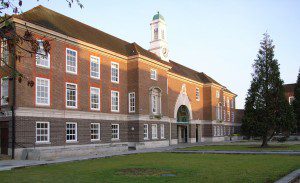
(Click to enlarge.)
“History is about the past. Yet it exists only in the present – the moment of its creation as history provides us with a narrative constructed after the events with which it is concerned. The narrative must then relate to the moment of its creation as much as its historical subject. History presents an historian with the task of producing a dialogue between the past and the present. But as these temporal co-ordinates cannot be fixed, history becomes a continuous interaction between the historian and the past. As such, history can be seen as a process of evaluation whereby the past is always coloured by the intellectual fashions and philosophical concerns of the present. This shifting perspective on the past is matched by the fluid status of the past itself.”
Dana Arnold, architectural historian, Middlesex University, London
Professor Arnold puts her finger on one of the reasons why, for example, there will never be a definitive history of the Roman Empire, or a definitive biography of Napoleon or the K’ang-hsi Emperor: It’s not just that new sources and/or new archaeological evidence might be found. It’s not just that there’s more that might be said about any particular person — let alone about a vast subject such as the Roman Empire — than any particular historian or group of historians will ever be able to say. Those are important and relevant facts. But it’s also the case that historians in different eras, from different backgrounds, working from different cultures, with different personalities and interests, will be continually asking new and different questions of their topics. And those questions, and the answers that are given to them, will be shaped not only by the past but by the intellectual trends and psycho-cultural factors and economic contexts and political and religious issues surrounding the historians.











